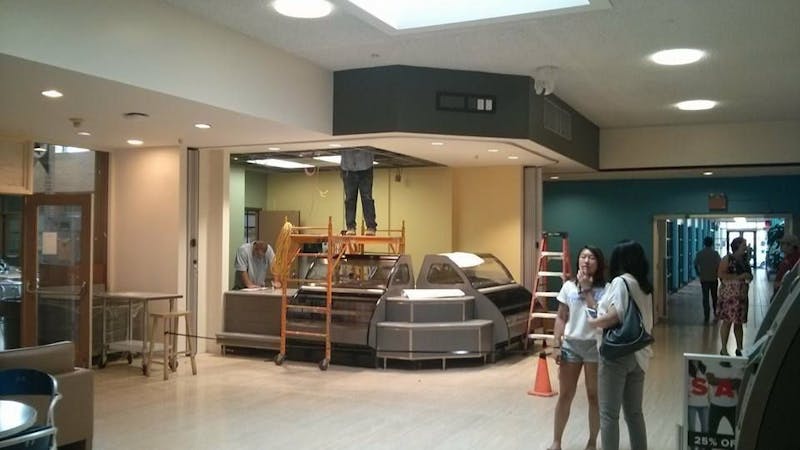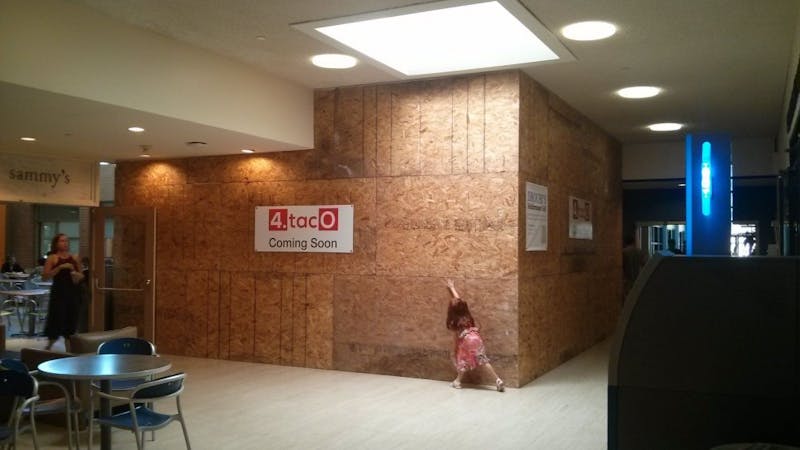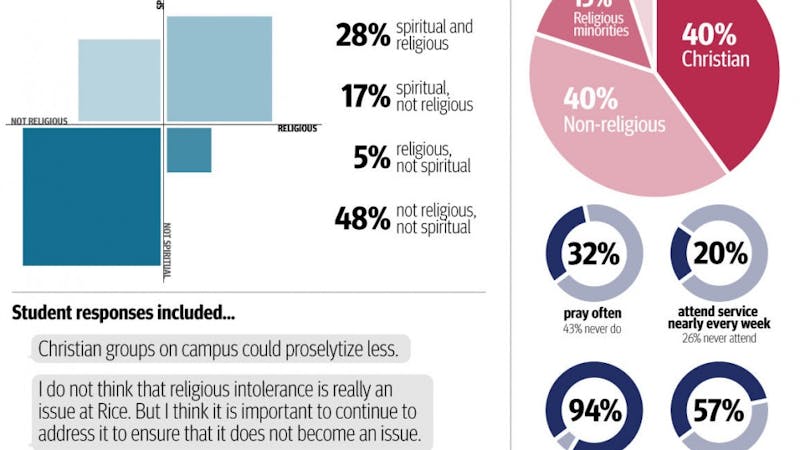Rice, UT launch Public Health Scholars program
Rice University and the University of Texas School of Public Health have partnered to offer Rice students the opportunity to start a Bachelor of Arts or Bachelor of Science with a Master of Public Health their senior year at Rice. The program, which begins this fall, allows students to finish the MPH in the year following graduation.The program is co-directed by Dr. Kristen Ostherr, a recent Master of Public Health graduate, and Dr. Nicholas Iammarino, a Rice faculty member. According to Ostherr, the program stems from a growing need for public health awareness. “The idea came from a recognition of the growing importance of public health to our daily lives, to the nation’s future and to the careers of future physicians,” Ostherr said. “Because Rice has so many [pre-medical students] who are interested in issues related to health disparities, global health and the environment, a joint program in public health made perfect sense.”Vice Provost for Strategic Partnerships Dr. Daniel Carson said the connection across institutions is what makes the program distinct.“The UTSPH already had similar programs with other UT campuses,” Carson said. “This told us setting this up was possible, but didn’t provide a clear guideline for how to do this between institutions.”Administrative details proved most challenging at its start, according to Iammarino.“Questions like transferring course credit, the financial implications and coordinating our academic years and scheduling all needed to be sorted through,” Iammarino said.The proper handling of these issues was imperative, according to Ostherr.“It’s critical to do it right to help ensure the program’s longevity,” Ostherr said.Besides Iammarino and Ostherr, Carson and Rice Dean of Undergraduates John Hutchinson were instrumental in the program’s creation.“Dean Hutchinson played a key role along with Vice Provost Daniel Carson in working with [Rice’s and UTSPH’s] administrations to solve these issues while also anticipating many unique questions we knew would arise from our students, creat[ing] a special FAQ sheet to begin addressing the questions,” Iammarino said.The 2015-16 cohort is five Rice seniors selected from 20-30 applicants.“This being our first year, we had to hustle to get the word out quickly to obtain applicants at the end of the [2014-15] year but were very pleased at our response and applicants,” Iammarino said. “However, we expect the numbers to grow as students learn about this option and can actually plan for it earlier in their undergraduate careers.”The program will expedite the path to a MPH, according to Iammarino.“The most exciting part of this new program is the opportunity to enroll concurrently in the UTSPH and take up to five courses during their senior year,” Iammarino said. “In essence, they will be able to potentially complete their MPH degree in one year rather than the typical two years.”The program also encourages public health studies across majors and has plans for growth.“We want more cross-fertilization between all of the different divisions on campus,” Dr. Ostherr said. “We deliberately do not limit participation to students from any one major … and will be issuing another call for applicants this fall.”Wiess College senior Brooke Evans is a member of the 2015-16 cohort. Having pursued the Global Health Technologies minor since freshman year, Evans said the program aligned well with her interests and previous experience.“I learned about this program in one of [the Global Health Technologies] classes and was so excited about the opportunity to learn about public health on a graduate school level,” Evans said. “I hope my education in public health will help me understand medicine on a larger scale and critically analyze and work toward improving the health of the greater public.”





